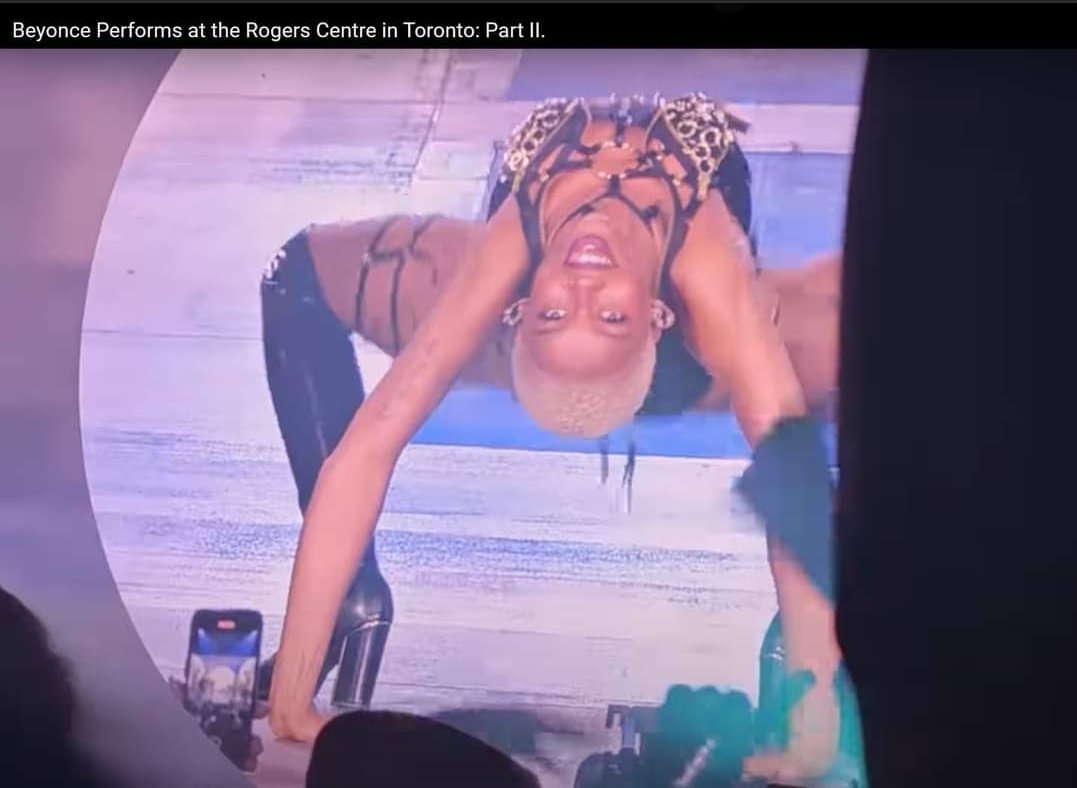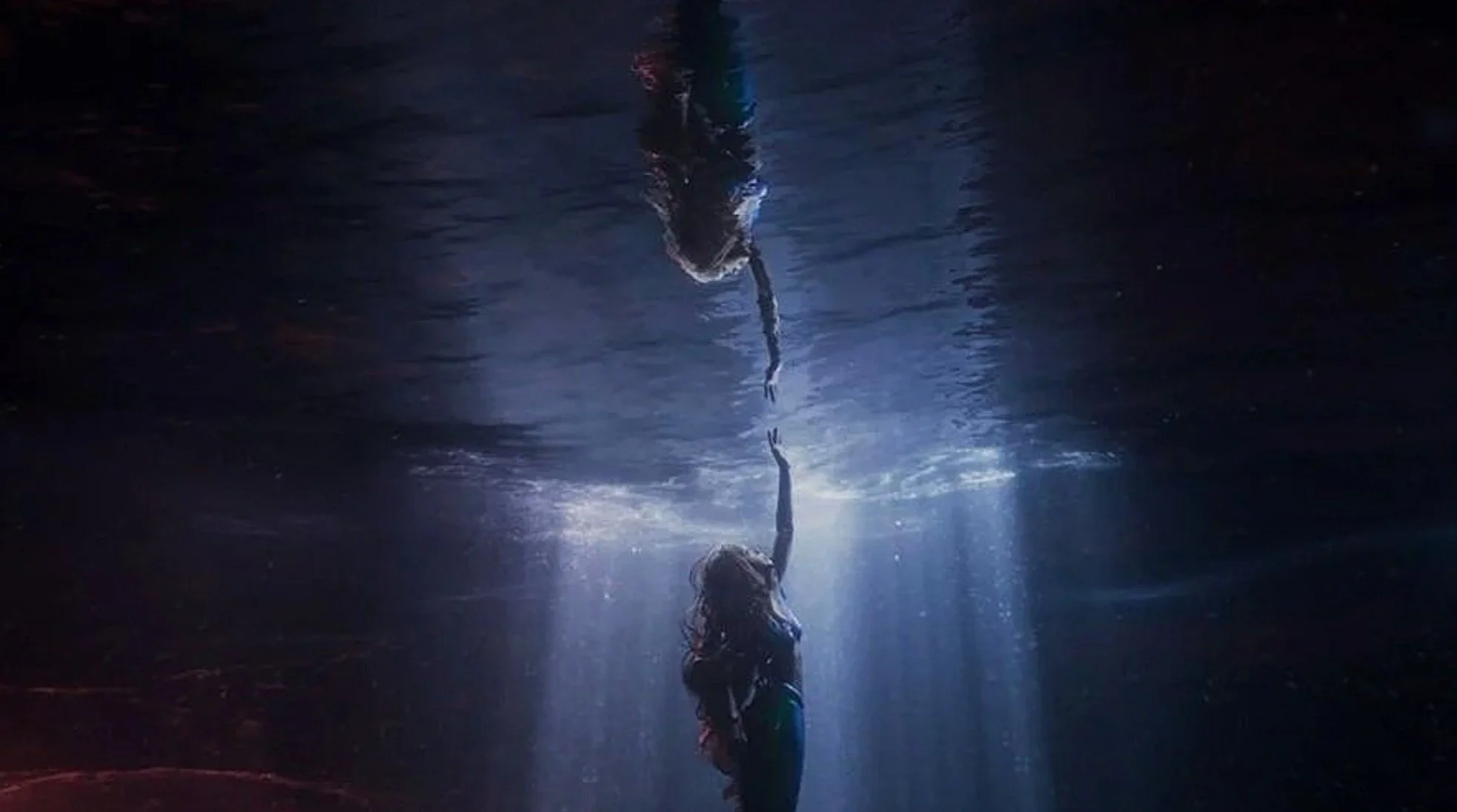Lady Gaga's Fully Banging Sixth LP 'CHROMATICA' Album Tops No. 1 on Billboard | Review
Gaga's most recent collection, "Chromatica," has topped the previous week's Billboard collection outline — the most recent shrub in a long profession rebound, and an insistence of Lady Gaga's whiz status in the midst of the pandemic.
"Chromatica" has become Lady Gaga's 6th No. 1 collection, with what might be compared to 274,000 transactions in the United States, as per information from Nielsen Music. That is the greatest opening-week number for a female musician so far this year. (Discharges by the Weeknd, Eminem and the K-pop gathering BTS all sold more in their first weeks out.)
"Chromatica" had 87 million streams and moved 205,000 copies as a total bundle, helped by a variety of arrangements that packaged duplicates of the collection with deals of product and show passes. Target likewise sold a CD adaptation containing additional tracks.
Additionally this week, Jimmy Buffett's "Life on the Flip Side" opened at No. 2 with what could be compared to 75,000 deals. Lil Baby's "My Turn" is No. 3, and Gunna's "Wunna," a week ago's top merchant, tumbled to No. 4. Future's "High Off Life" is No. 5.
‘Chromatica’ by Lady Gaga | Review
Gaga has dropped Earth. She lives on planet Chromatica now. Truly, this is Stefani Germanotta's arrival to all that is Lady Gaga: unusual and dramatic and aggressive, wrapped in terminals, working with a ga-ga-cosmic system mind, conveying move bangers for us habited Earthlings.
Be that as it may, while Chromatica is an arrival to Gaga's move pop days, that doesn't mean an incredible same thing now. It's been a long time since her introduction collection The Fame, discharged when "EDM" was simply corporate language and "dance" implied stompy electroclash. In 2020, a Lady Gaga move collection comes out as an audacious restoration of '90s house music. Be that as it may, if anybody's earned an excursion to the house, it's Lady Gaga, who is among the couple of enormous pop stars today who can honestly be known as a diva.
At the point when Gaga sings, she sings out: not chill, not Idol-pretty, yet unafraid to go there, regardless of whether there be guttural grates or sotto-voice orders or wild franticness. It's the reason her hard-rock dalliances to a great extent worked, and why Chromatica feels more considerable than other craftsmen's expendable move turns. So much nu-house is maker driven, its vocalists decreased to embellishments if even credited; there is no danger of this with Gaga.
Everything here would be undeniably her regardless of whether self-reference didn't flourish. Lead single "Stupid Love" rescues the juddering sequencer of "Do What U Want," kicks up the speed, and weaves Gaga's past lead singles around it like Maypole decorations: the approaching juggernaut haul of "Bad Romance," the melodic shape of "Born This Way," the pride of "Applause." The other line about Chromatica is that it's Gaga's most close to home collection. You may review that Joanne was additionally called Gaga's “most personal album.” That time, it was "personal" similarly all pop stars' unplugged collections get called that: the game plans had acoustic guitar, and the AutoTune was kept to a classy finish up. Chromatica loses the guitars however surely handles overwhelming topic: PTSD triggers, antipsychotic prescriptions, rape.
Truth be told, the majority of Lady Gaga's music since The Fame has been close to home. For each glossy, poppy melody like “Telephone” or “Hair,” Gaga's recorded three more with wounds at the center: the represented feelings of dread of The Fame, the pieces of Born This Way that are more darkwave or Warcraft than bubblegum; the unpleasant wreckage of 2013's Artpop. Topics repeat: divided personality, fighters to vacancy, drinking tears, kicking the bucket a little when being contacted.
The craftsmanship is frequently untidy, the particular wreckage of workmanship composed from injury. In any event, when Gaga wears freaky ensembles or composes high-idea melodies about Judas or pig, the ingenuity splits. It's the reason her collections hold up shockingly well. It's telling which Gaga minutes have reemerged from the mid 2010s into current social memory: the empty, gasping introduction to "Monster," or the sludgy-gothy "Bloody Mary" which TikTok made even sludgier and gothier.
Chromatica turns around this impact. This is house music at its generally gleaming and flawless, a sort produced using hurt and idealism, high strings and desensitizing pulsates. Be that as it may, Gaga's verses are direct, for the most part liberated from strict analogies and misrepresentation; of the two high-idea melodies on Chromatica, one is purposely senseless ("Babylon") and the other ("Alice") promptly yanks the allegory once more into the real world: The primary words are "my name isn't Alice" and the tune is possessed not with white hares however the all the more frightening animals inside one's psyche.
The crisis in "911" alludes to olanzapine, a quick acting antipsychotic that Gaga says spared her life. The track starts with a cool, distinct beat, her vocals indifferent and vocoded. The entire thing shouts out, and when the sweet, monotonous melody shows up, it just shouts out considerably more. The antithesis never fully settle with the song, and the most agonizing lines (“Wish I laughed and kept the good friendships”) are hurled off, practically missable. Be that as it may, these are great subtleties, ones you can move through now, at that point look up some other time.
For all Gaga's accentuation on Chromatica being a collection intended to be heard all the way without any skips, the sequencing is somewhat off. The string intermissions, created with Morgan Kibby (M83, White Sea), separate the collections into three acts, each with its own filler. The climactic reclamation of Ariana Grande collab "Rain On Me" comes around ten tracks too soon, and "Free Woman" and "Fun Tonight" lose vitality so near one another. In act two, "Plastic Doll"— the fundamental thought of which you can figure just by perusing the title—would have been too spot on The Fame.
"Sour Candy," the break-the-web coordinated effort with K-pop geniuses BLACKPINK, is sufficiently cheeky, however on a Lady Gaga collection, and especially this collection, it feels strange. That is mostly in light of the fact that there's no Gaga until longer than a moment in, somewhat on the grounds that we've actually heard it previously: "Sour Candy" is at any rate the fourth pop melody based on an example of Maya Jane Coles' "What They Say." Then there's the unavoidable truth that Chromatica is a collection unequivocally made for huge public dancefloors, discharged not long before Pride month, a major celebratory mind-set, in a year when none of those things very exist like they used to.
Chromatica's two most grounded tracks are close all out contrary energies. Envision a pivot from bizarro amazing quality to unadulterated greatness; "Sine From Above" is right at the left. Every individual piece of it bodes well, sort of. Woman Gaga and Elton John? Sure; they're godfamily, all things considered, and he's a livelier two part harmony accomplice than Tony Bennett or Bradley Cooper. Elton John with 66% of Swedish House Mafia? That was the way to go, in 2013. A tribute to a strict sine wave, dropping decibels from the sky? On the off chance that anybody would compose that, it'd be Gaga. Assaulting that subject with zero-incongruity zeal that Eurovision would co-sign, making it work and failing to look back? Cleaving everything up for a drum-and-bass digression toward the end? To obtain the theater-kid saying, it's huge and wrong—yet so huge, it's difficult to call it wrong by any means.
In the event that "Sine From Above" runs on WTF, "Enigma" runs on commonality: Every melodic and passionate beat shows up accurately on signal, as though the club had muscle memory. It's gigantic, it has a gravitational force. Uncoincidentally, the chorale reviews a specific other tune about being gallant sweethearts, only for one night. It spaces directly into Gaga standard: Enigma is the name of her ongoing Vegas residency, and the scraps of sax that peak over the chorales review the late E Street Band part Clarence Clemons on Born This Way. What's more, significantly, it nails the craving of meeting somebody in the entirety of its direness.
On planet Chromatica, "Enigma" is supernatural: the airs light up violet, monster's eyes and ghosts flourishing. It's a similar drive that is fueled move music, from disco to house to Gaga—turning a second elevated, progressively phenomenal, and, even at its most strobe-lit and fake, some way or another completely human.
More related articles to read from this panel!
Also check out ‘The Aftermath’ Issue & other publications we’ve released below.
DOSSIER Mining releases in retrograde 'In the Land of Chromatica' with Lady Gaga's Designer Xtian de Medici, Keren Wolf, FX Pose's Naomi Cruz honoring the life of Grandfather Hector of House of Xtravaganza as our 1st cover story & Award Winning Anna Schollerova from Nora K's Whisper Naked Shadow TV mini-series and much much more!! The DOSSIER Mining compared to 'The Aftermath' issue, & others before it, is elevated reaching a better and truer essence of the Cyclolore Brand from many aspects & will so moving forward.






























